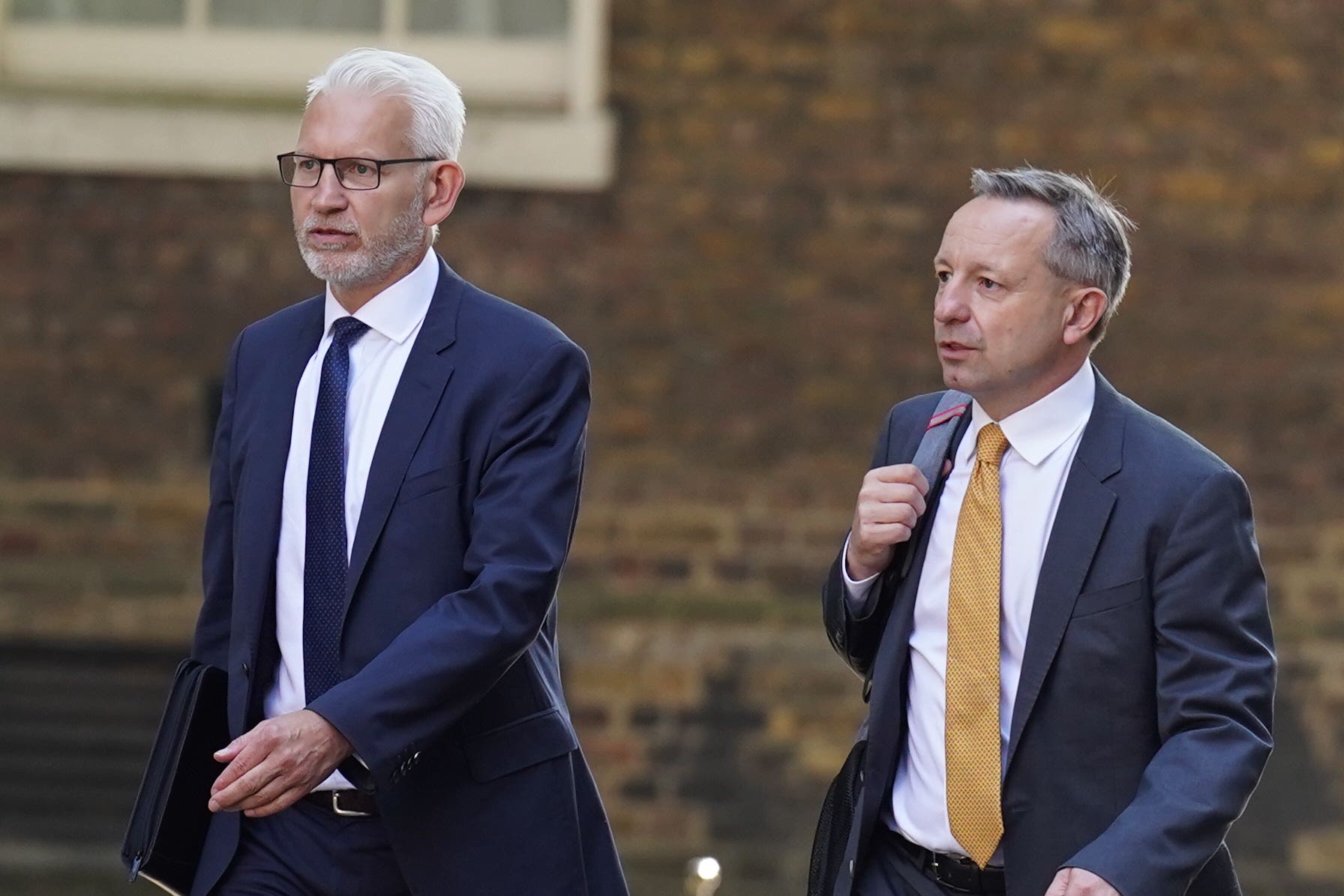Crisis? What crisis? Ofgem CEO delivers mixed messages on energy supply
Jonathan Brearly says the UK is in a good position compared to parts of Europe, which will be of little comfort to households worried about things here, argues James Moore


The government might have refused to embark on a public information campaign to help people cut their energy consumption because Liz Truss thinks that would be the “nanny state” in operation, but others are at least going to give it a go.
Step forward energy regulator Ofgem, which will have to help pick up the pieces in the event of a supply crunch at the worst possible time: when it starts to get bitterly cold outside and people need three duvets to still feel their toes when they go to bed at night.
The regulator is keen to try and head that off by making its own efforts to encourage people to take some of the small, easily achievable steps they can accomplish to reduce energy consumption. It goes without saying that this could also save them a bunch of money, easing the effects of the ongoing cost of living crisis while we’re at it.
“It is important to remember that the energy price guarantee still means that a typical household will be paying around double what they were a year ago: £2,500 rather than the £1,277 level of last October,” Ofgem CEO Jonathan Brearly said at Energy UK’s annual gathering.
“I talk to customers on a regular basis and I know that for some these price levels will still have a huge impact.”
Brearly went on to detail some of those impacts, while also making the point that £2,500 is an average based on a “typical” household. What people pay in reality depends on how much they consume.
A public information campaign to help householders cut their usage, therefore, makes all sorts of sense – because the taxpayer is borrowing a frighteningly large amount of money to subsidise bills via the government’s energy support package. The £15m the government was going to spend to run some ads is peanuts when compared to the money that could collectively be saved if people were to pay attention.
There’s a reason ScottishPower retail CEO Andrew Ward said, “I cannot see a logical reason why you would not do it” at Energy UK’s gig. It’s the sort of thing you would normally file in the“no-brainer” category. It is perhaps the first good idea Jacob Rees-Mogg has stumbled across since taking ministerial office.
Unfortunately, Liz Truss has once again chosen to indulge her instincts and here we all are. Next up: I wouldn’t be surprised if the government is to stop telling kids that it’s a good idea to use pelican crossings when going over the road because that’s also “too nanny state”.
Over to Ofgem and its desire to prevent rationing, even blackouts, as well as financial misery for people on the wrong side of the price hike.
Each time there are reports about potential rationing, we’re told by politicians and energy industry types that it is “very unlikely”. Britain’s in a jolly good position. Nothing to worry about. So why do the reports keep circulating? It is because this remains a risk.
Brearly picked up the same theme in his speech: “The overall picture for Britain remains favourable. We are in a stronger position than many European countries.”
Well, thank goodness for that. The lights may be going out here, but look at what they’re dealing with in Bulgaria! Except that this is not Bulgaria or anywhere else Brearly might care to compare unfavourably to the situation he presides over.
This is the UK where “we should be under no illusion that this winter is likely to be a difficult environment – and we cannot at any time, particularly this winter, eliminate all risk”. That was also from the speech, which fell into the trap that so many others who’ve opined on this issue keep falling into: they all indulge in mixed messaging.
On the one hand, they urge people to save energy – not just because it’s cheaper to do that but also because it could get us out of a potentially nasty jam. On the other hand, they say don’t worry, we’re in great shape, we’re not going to get into a nasty jam. Probably. But look at the situation in Bulgaria!
That this is coming from the body we’re having to rely on to help us save energy now Truss has washed her hands of the issue is particularly concerning.
Apparently, Ofgem is working with Citizens Advice and is going to do some social media and… stuff. Perhaps we’d all best learn how to knit. Is there a course available that the government hasn’t cut?






Join our commenting forum
Join thought-provoking conversations, follow other Independent readers and see their replies
Comments